6 Items That Are Definitely Not Dishwasher Safe — And How They Should Be Cleaned Instead
According to experts, running these items through your dishwasher can cause irreparable damage


For many, dishwashers have revolutionized household chores, making cleaning up after a long day swifter. My partner can't live without his dishwasher, as it's so convenient, efficient, and easy compared to washing things by hand one at a time. But did you know that there are certain items you should avoid placing in this handy cleaning appliance?
It's not as simple as loading everything into your smart appliance and hitting go. Some items will not survive being placed in your dishwasher, and you could end up damaging them for good if you don't think twice about how you clean them.
Before the festive season commences, when dishes will seem endless, I spoke with a couple of professional cleaners to find out which items shouldn't pass through your dishwasher. Trust us, you'll be thanking us later for saving your home goods.
1. Wooden utensils

Wooden utensils may seem sturdy, but a round or two of cleaning in your dishwasher will wear them down significantly. Whether it's wooden spoons or your knowledge of how to care for your wooden cutting board, skip adding them to the next cycle.
Karina Toner, professional cleaner and operations manager at Spekless, says, "Wood absorbs water and is sensitive to heat, so prolonged exposure in the dishwasher can cause wooden items to crack, warp, or split."
Bacteria and debris can work their way into these cracks as well, making these kitchen tools unhygienic to work with. Instead, wash your wooden kitchenware by hand using mild dish soap like the plant-based seventh-generation clear liquid dish soap from Walmart and water, then thoroughly dry before storing.
"For deeper cleaning and a nice-smelling kitchen, you can scrub your wooden items with a paste of baking soda and water mixed together," adds Karina. Baking soda is available at most stores if it's not already in your pantry.
2. Non-stick or cast iron cookware
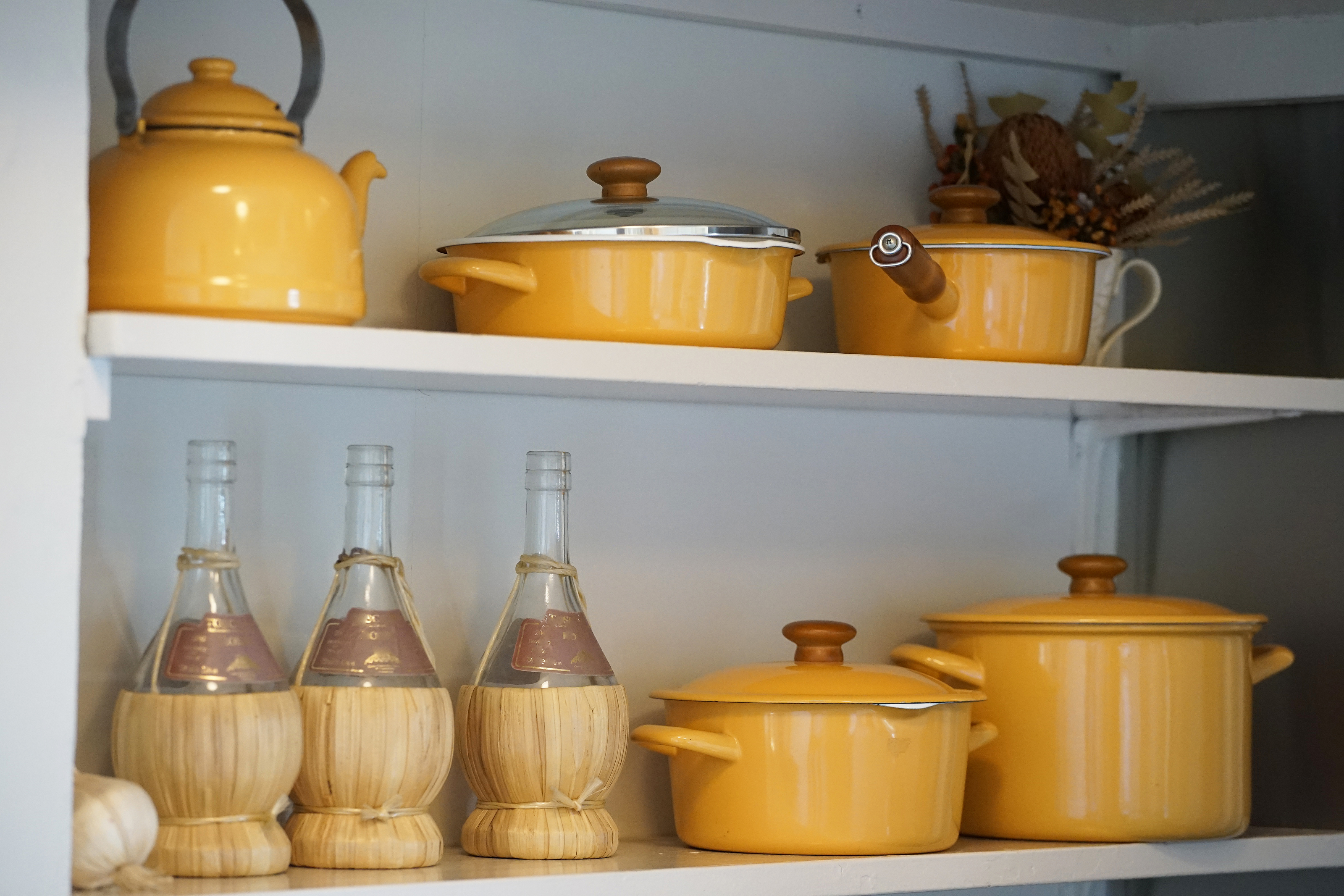
Even though your non-stick cookware will likely accumulate less grime than other items in your kitchen, I understand the temptation to put them in with the rest of your dishwasher cycle. However, doing this can ruin your pan's coatings and make them prone to becoming dirtier in the future.
Muffetta Krueger, owner of Muffetta's Housekeeping, says, "Over time as you run your non-stick items through the dishwasher the high heat and harsh detergents used for cleaning will degrade the non-stick coating. It'll peel or chip away, and no longer be non-stick."
The same issue can happen to cast iron cookware, as dishwashers strip away their protective sealant. The water from your dishwasher can then cause cast iron to rust. To keep your coatings intact, wash your non-stick and cast iron pans and pots with a soft sponge and warm, soapy water. "I recommend avoiding using abrasive scrubbers as they can ruin non-stick coatings, but rubbing coarse salt onto hard-to-clean residue can help," adds Muffetta.
The scotch-brite zero-scratch scrub sponges from Target are a popular choice for cleaning these items safely.
3. Insulated mugs and bottles
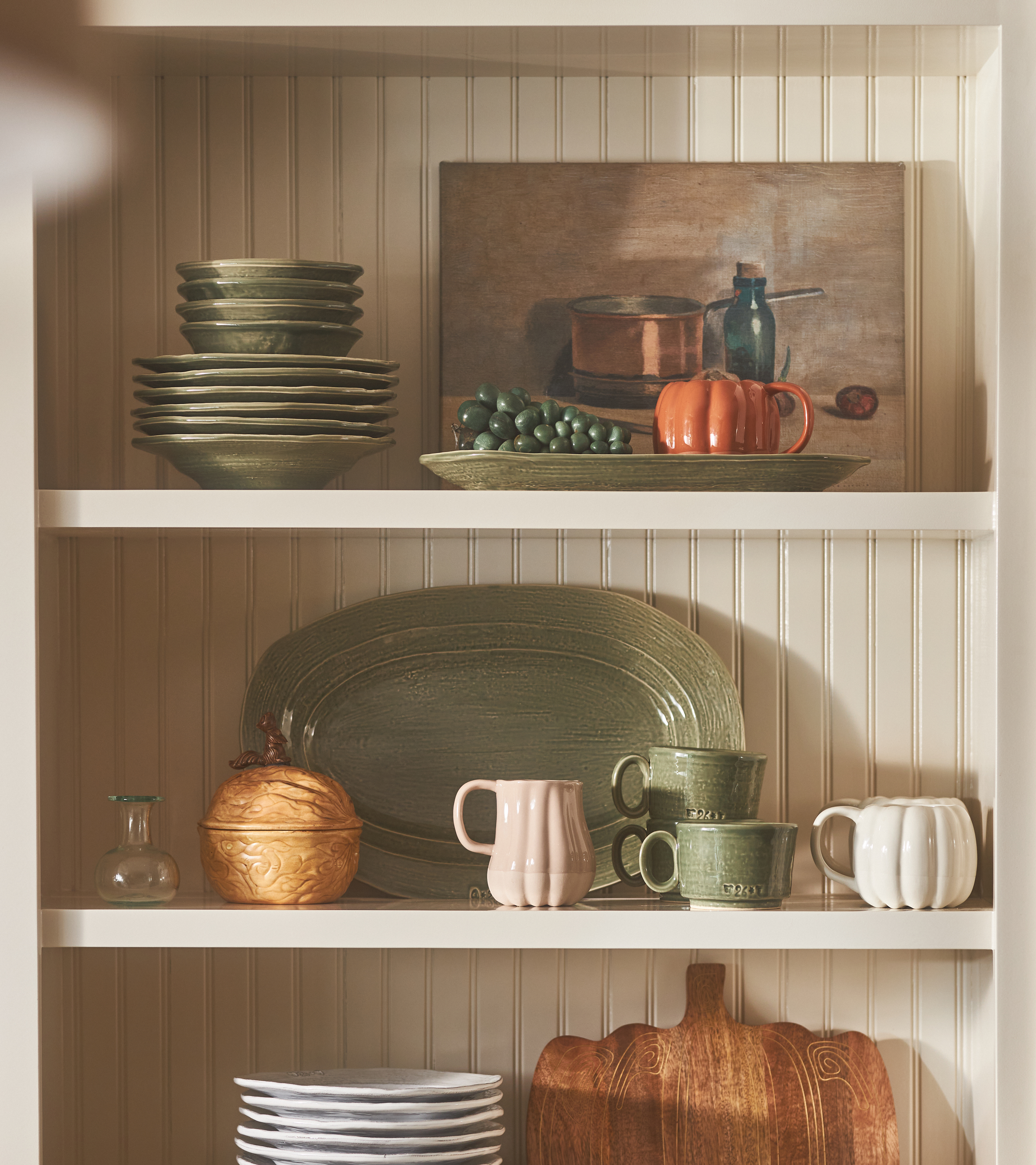
Similarly to non-stick products, your insulated mugs, bottles, and flasks won't fare well if they're passed through the dishwasher. The very magic that allows them to keep your drinks ice cold or warm for hours relies on a special seal that's delicate — too delicate to survive being washed by a machine.
"There is a vacuum seal between the walls of insulated mugs and bottles, and this can be compromised by the heat of a dishwasher,' says Karina. 'If this seal breaks, the loss of insulation effectiveness will cause your mug to be unable to regulate the temperature of drinks anymore."
Simply wash your insulated goods using warm soapy water, then thoroughly dry them before storing them. It's recommended to keep any lids off of your bottles overnight to ensure no moisture gets trapped inside the bottle that could encourage rust or mold and to regularly clean your bottles using a bottle brush to reach all areas inside.
The munchkin sponge bottle brush from Target is gentle and flexible, able to wash all the little nooks in your bottles without causing scratches.
4. Knives with high quality blades
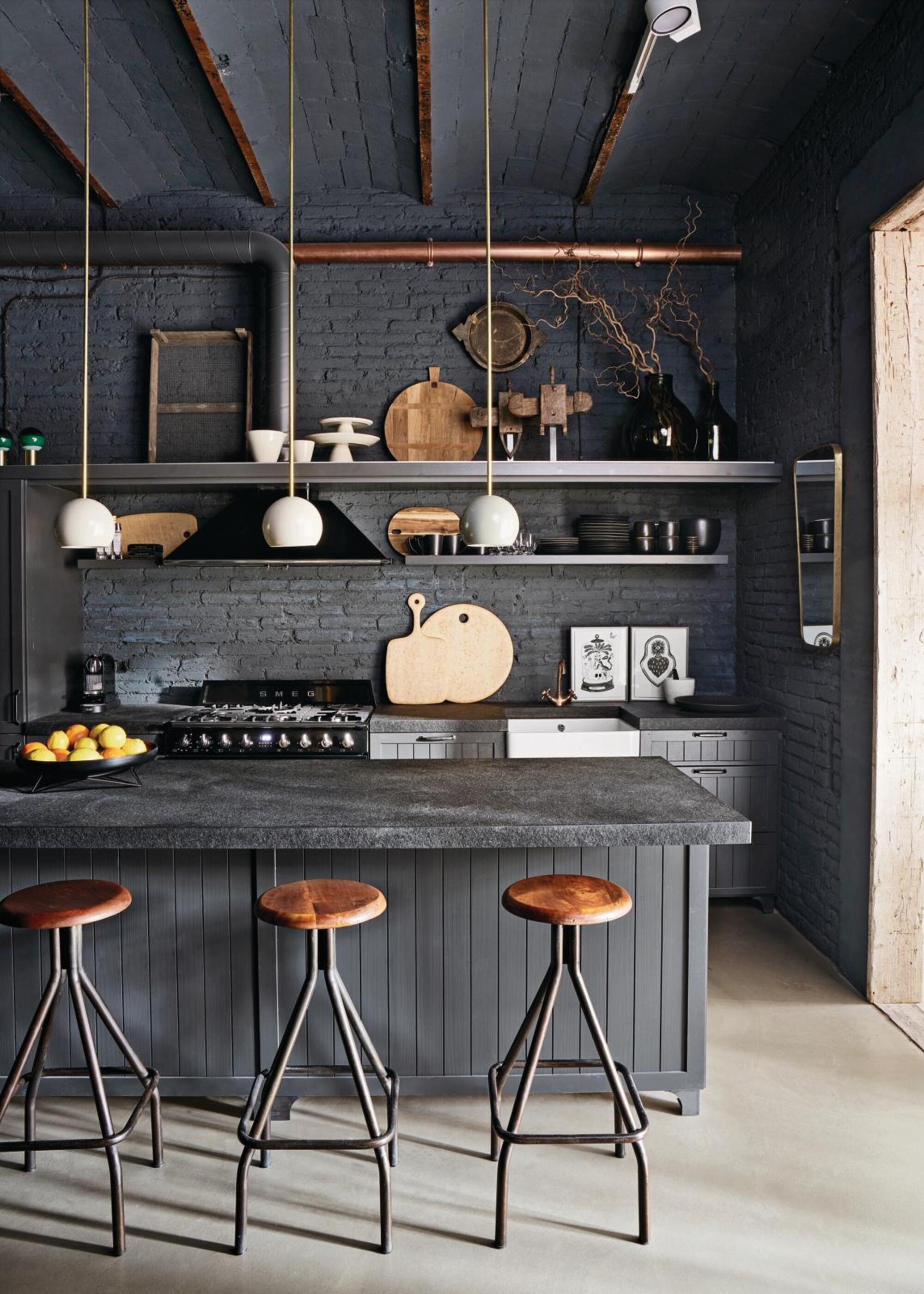
Your specialist kitchen knives require specialist levels of care, which don't include washing them in a dishwasher. "Knives can lose their sharpness and may become misaligned or corroded if they are washed in a dishwasher," says Muffetta. "Detergents dull blades and high water pressure can damage handles, especially if they are made of wood or plastic."
These knives should be hand washed as soon as possible after use so food doesn't stick, then dried thoroughly. "Drying your knives well is important to prevent rust," says Muffetta.
The HENCKELS classic razor-sharp 8-inch slicing knife from Amazon is the website's top-rated product, German-engineered by a company that has been creating kitchenware for over a century. To sharpen your knife, we recommend using a tumbler like this rolling knife sharpener from Amazon.
5. Crystal glassware and delicate items

If you have a lovely set of crystal glassware or hand-painted ceramics, washing them by hand with a soft sponge or cloth is far safer than running them through a dishwasher for several reasons. "Crystal is delicate and can become etched or chipped from the high heat and abrasive detergents used in dishwashers," says Karina.
The same thing can be said for decorated items: "The high heat and abrasive detergents used in dishwashing can chip, fade, or peel decorative finishes," adds Muffetta.
Your glasses may come out cloudy and need washing again anyway, so you save yourself time by washing them manually to begin with. Hand washing is also the best way to ensure that unique, potentially irreplaceable painted ceramics are preserved as well as possible.
6. Soft plastics or disposable containers
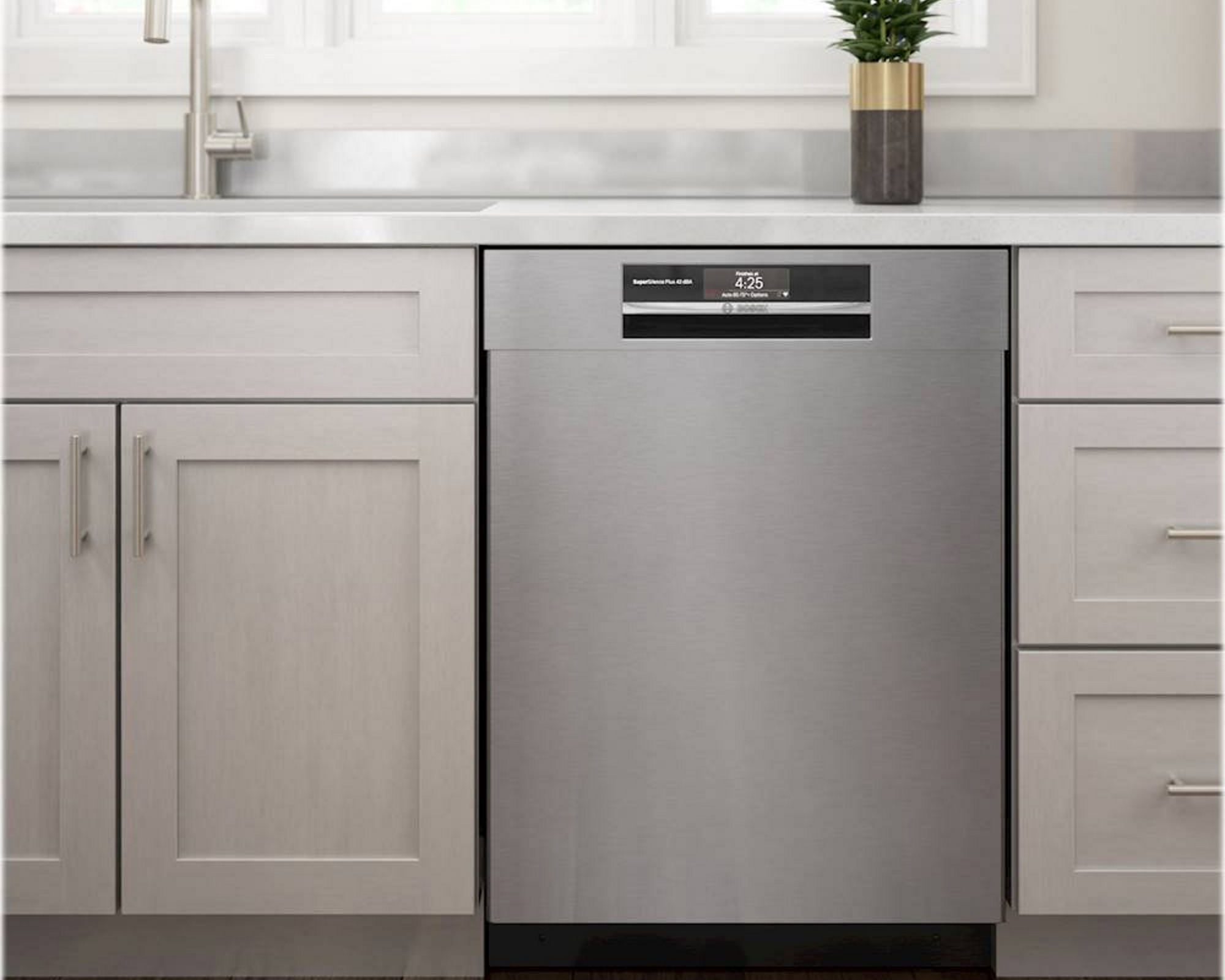
It's important to reuse disposable containers, but washing them in temperatures that are too high will cause them to warp and even harm your dishwasher. "Lightweight plastics can warp or melt under high temperatures, releasing harmful chemicals into our dishwasher and onto the rest of our dishes," says Muffetta. "These chemicals can then go on to contaminate any food stored inside the containers later on."
Warm, soapy water is the solution to cleaning your food storage containers, as it is with many products that aren't dishwasher safe. "Always check for a dishwasher-safe symbol before attempting a machine wash," adds Muffetta.
FAQs
How do you know if an item is dishwasher safe?
Muffetta Krueger, owner of Muffetta's Housekeeping, says, "While dishwashers are a convenient tool in the kitchen, not all items are built to withstand their high heat, water pressure, and abrasive detergents. By learning which items are not dishwasher safe and how to clean them properly, you can protect your cookware, utensils, and cherished kitchen tools."
Muffetta shares the following four tips to discern whether an item is good to go into your dishwasher:
- Check for a Symbol: Look for the dishwasher-safe symbol, often found on the bottom or packaging of the item. This symbol can vary depending on the item, so do some research.
- Material Matters: Common dishwasher-safe materials include stainless steel, tempered glass, and certain types of hard plastic.
- Manufacturer Guidelines: When in doubt, consult the manufacturer’s care instructions for your item.
- Avoid Risky Materials: Assume wooden, brass, delicate, or adhesive-based items are not dishwasher safe unless explicitly stated.
Be The First To Know
The Livingetc newsletters are your inside source for what’s shaping interiors now - and what’s next. Discover trend forecasts, smart style ideas, and curated shopping inspiration that brings design to life. Subscribe today and stay ahead of the curve.

Ciéra is a writer and regional laureate with particular passions for art, design, philosophy and poetry. As well as contributing to Livingetc, she's an Editorial Assistant for Design Anthology UK and a contributing writer for Homes & Gardens and Apartment Therapy. Previous commendations of hers include being Highly Commended by The Royal Society of Literature and receiving a prestigious MA Magazine Journalism scholarship to City, University of London.
-
 My 10 Favorite Designs at Milan Design Week 2025 — Out of the Hundreds of Pieces I Saw
My 10 Favorite Designs at Milan Design Week 2025 — Out of the Hundreds of Pieces I SawThere is a new elegance, color, and shape being shown in Milan this week, and these are the pieces that caught my eye
By Pip Rich
-
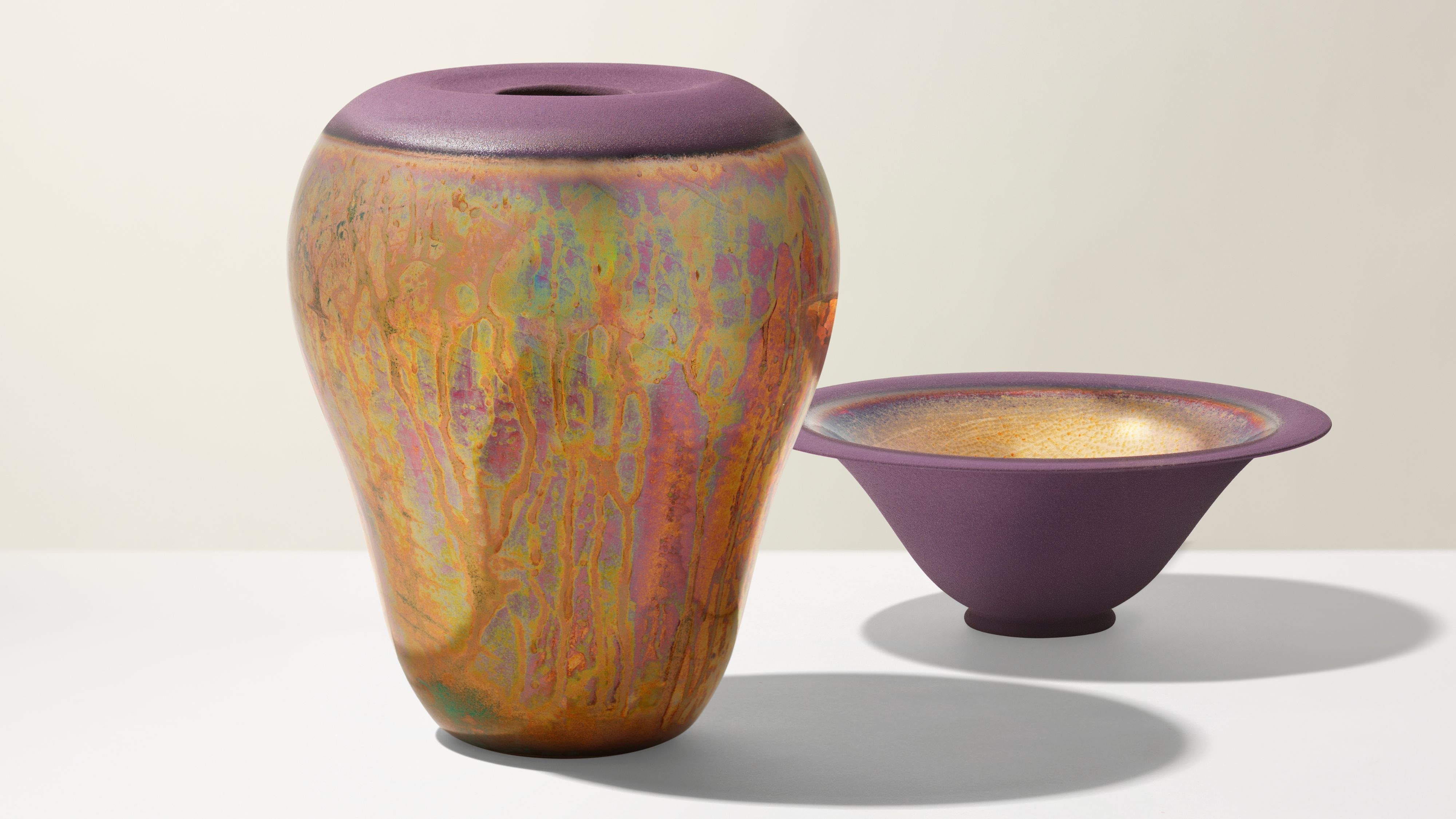 Iridescence Is Chrome’s More Playful, Hard-to-Define Cousin — And You're About to See It Everywhere
Iridescence Is Chrome’s More Playful, Hard-to-Define Cousin — And You're About to See It EverywhereThis kinetic finish signals a broader shift toward surfaces that move, shimmer, and surprise. Here's where to find it now
By Julia Demer
-
 Biophilic Decluttering — What to Take Out of Your Home (and What to Put in) for a More Natural Home
Biophilic Decluttering — What to Take Out of Your Home (and What to Put in) for a More Natural HomeTry your hand at biophilic decluttering to ground your interiors, connect to the environment, and cure chronic clutter in one go. Here's how.
By Amiya Baratan
-
 The 10 Different Types of Kitchen Taps — And the Pros and Cons of Each One to Know Before You Pick
The 10 Different Types of Kitchen Taps — And the Pros and Cons of Each One to Know Before You PickFrom sleek pull-outs to vintage bridge taps, explore 10 kitchen tap styles that mix function, flair, and a splash of cool
By Linda Clayton
-
 How Much Does an Extension Cost in 2025? Renovation and Design Experts Break Down Your Budget
How Much Does an Extension Cost in 2025? Renovation and Design Experts Break Down Your BudgetExplore how much different types of extensions cost in 2025 to budget for your project accurately
By Amy Reeves
-
 9 Bathroom Storage Mistakes You're Probably Making That Make Using This Space Much Harder — And What to Do Instead
9 Bathroom Storage Mistakes You're Probably Making That Make Using This Space Much Harder — And What to Do InsteadDiscover which mistakes are to blame for your overcrowded and cluttered bathroom
By Seraphina Kyprios
-
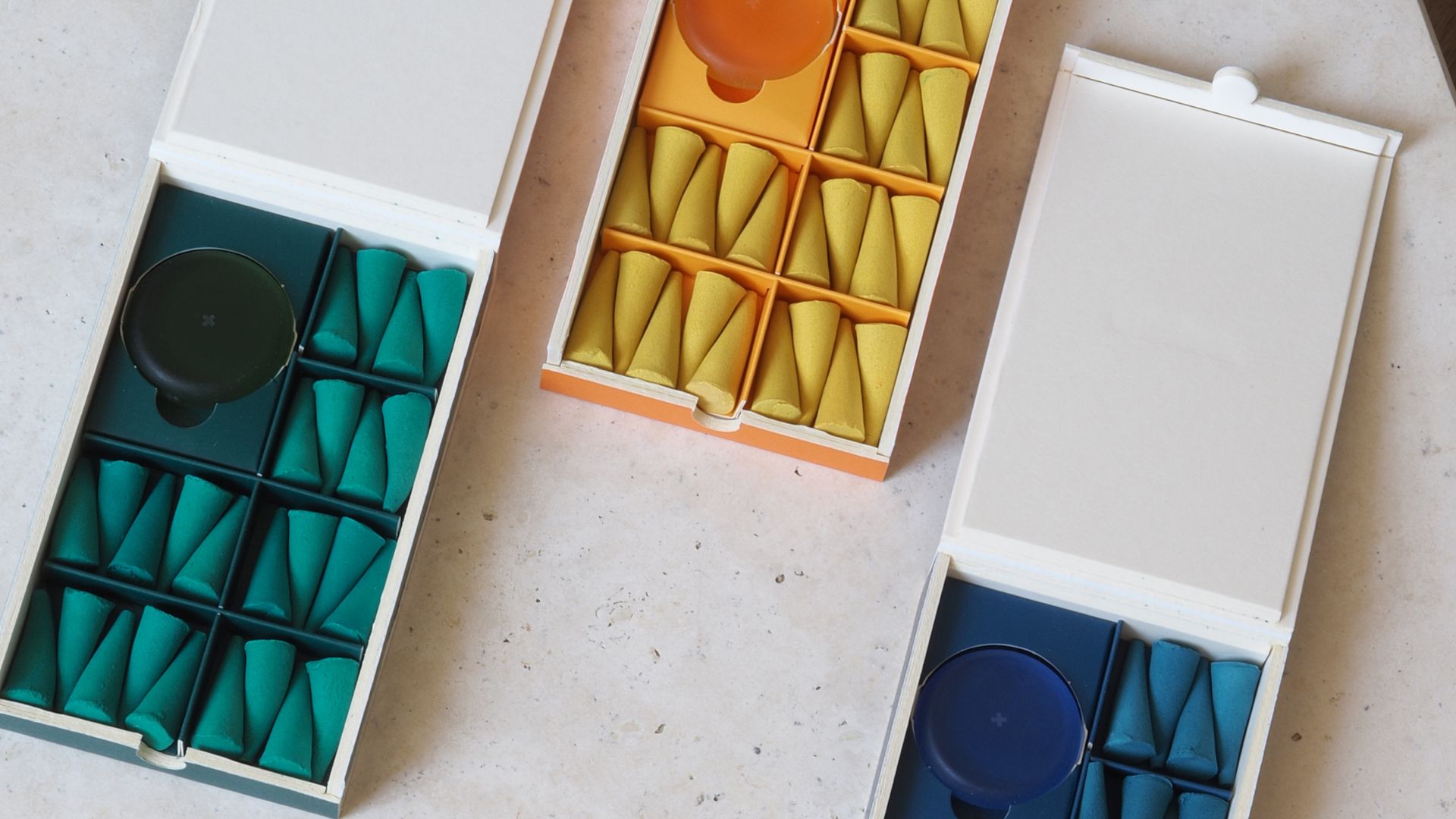 These 'Scenting Droplets' Might Be the Coolest (and Most Stylish) Way to Make Your Home Smell Amazing
These 'Scenting Droplets' Might Be the Coolest (and Most Stylish) Way to Make Your Home Smell AmazingIf you're looking to switch out your incense sticks for something more fun, then you should know about Ripple+'s incense droplets. Let me introduce you.
By Amiya Baratan
-
 The Japanese Principle of Iki (粋) Is All About 'Refined Elegance' — Here's How to Embrace It in Your Home
The Japanese Principle of Iki (粋) Is All About 'Refined Elegance' — Here's How to Embrace It in Your HomeIf your interior vibe is all about refined elegance and opulent minimalism, you need to know about the Japanese principle of 'Iki'. Here's how to bring it home.
By Amiya Baratan
-
 What Can I Choose Instead of Brass Taps? 4 Finishes That Are Emerging in 2025's Kitchens and Bathrooms
What Can I Choose Instead of Brass Taps? 4 Finishes That Are Emerging in 2025's Kitchens and BathroomsIf you want to try something a little different for your kitchen or bathroom finishes, these are the trending styles in taps beyond classic brass
By Seraphina Kyprios
-
 Kris Jenner’s 'All-Green' Glass Fridge Is My Organization Inspo of the Week — Here Are 5 Smart Storage Takeaways I'll Be Adopting
Kris Jenner’s 'All-Green' Glass Fridge Is My Organization Inspo of the Week — Here Are 5 Smart Storage Takeaways I'll Be AdoptingIf you're looking for fridgescaping inspiration, you might not think to look to Kris. But her all-green fridge says otherwise. Here are five tips we've learnt.
By Amiya Baratan